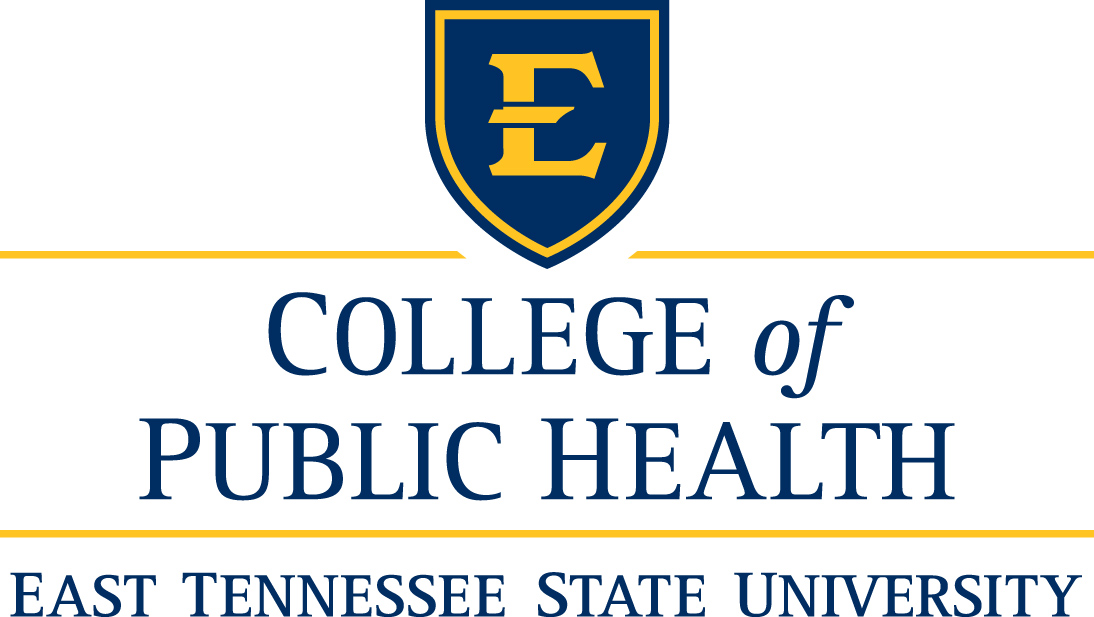Author Area of Expertise
Dannell D. Boatman, EdD, MS
cancer prevention & control, health communication
Stephenie K. Kennedy-Rea, EdD, MA
cancer prevention & control, implementation science, health disparities
Lesley Cottrell, PhD
pediatrics, disabilities
Hannah W. Hazard-Jenkins, MD, FACS
breast cancer, surgery
Abstract
Introduction: Adverse childhood experiences (ACEs) are associated with increased cancer risk. ACEs may affect this risk in a variety of ways, including cancer screening compliance. ACEs can contribute to mistrust in the medical profession, inhibit patient–provider relationships and cause at-risk individuals to miss critical access points to preventive services. Protective factors may play an important role in mitigating ACE-related consequences by supporting resiliency.
Purpose: This study assesses the associations between ACEs, protective factors, patient–provider relationships, stage of cancer at diagnosis, and cancer screening behaviors for West Virginia (WV) cervical cancer survivors.
Methods: WV cervical cancer survivors diagnosed between 2000 and 2020 were mailed a survey which included questions on demographic information and cancer screening behaviors, alongside three scales to measure depth of patient–provider relationships, ACEs, and protective factors.
Results: Ninety participants completed the survey. ACEs were associated with weaker patient–provider relationships (p < .01) and fewer protective factors
(p < .01). More protective factors were associated with stronger patient–provider relationships (p < .01), earlier stage of cancer at diagnosis (p < .05) and positive cancer screening behaviors. Positive cancer screening behaviors were associated with deeper patient–provider relationships (p < .05). A statistically significant model (p = .004) using ACE and resilience scores was able to account for 13% of the explained variability in depth of patient–provider relationships.
Implications: These findings suggest an important interplay between ACEs, protective factors, and patient–provider relationships on cancer screening behaviors. Future studies should consider these variables in different populations. In addition, interventions focused on enhancing patient–provider relationships and supporting acquisition of protective factors should be considered.
DOI
https://doi.org/10.13023/jah.0501.03
Creative Commons License

This work is licensed under a Creative Commons Attribution 4.0 License.
Recommended Citation
Boatman D, Kennedy-Rea S, Cottrell L, Hazard-Jenkins H. Cancer screening behaviors and associations with childhood trauma, resiliency, and patient–provider relationships: findings from an exploratory study of Appalachian cervical cancer survivors. J Appalach Health 2023;5(1):22–37. DOI: https://doi.org/10.13023/jah.0501.03.





Social Media Links